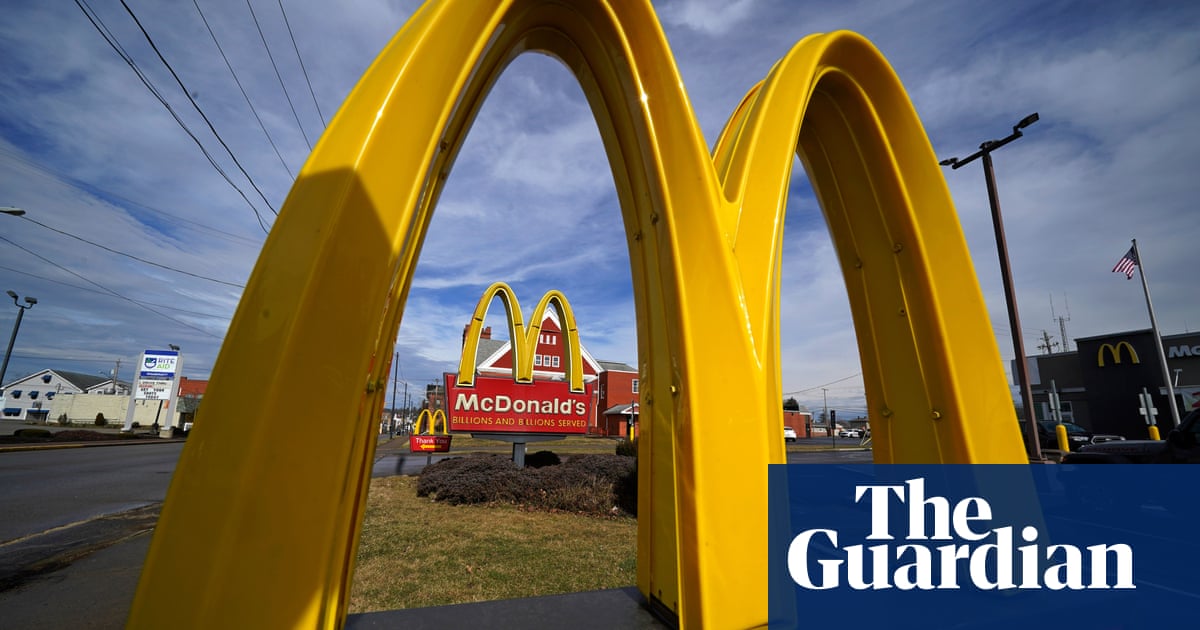McDonald’s posted a surprise decline in first-quarter global sales on Thursday, as demand from cash-strapped diners in its key markets faltered on uncertainty sparked by chaotic tariffs.
The company was navigating the “toughest of market conditions”, the company’s CEO Chris Kempczinski said, as global comparable sales fell 1%, while analysts on average had estimated a 0.95% rise.
The disruptive nature of Donald Trump’s trade policy has worsened wallet pressures felt by lower-income customers in the US and Europe.
Policy flip-flops have hurt businesses across industries, threatening to push up costs and upend supply chains.
The US economy is struggling, with latest data showing it contracted for the first time in three years in the first quarter, ramping up the chances of a recession in 2025.
McDonald’s results echoed recent warnings from restaurant operators Domino’s Pizza, Chipotle Mexican Grill and Starbucks that Americans were spending less on dining out.
The Chicago, Illinois-based company has attempted to spur demand by ramping up its value menu offers, including limited time deals on its burgers and fries, similar to its rivals.
Still, comparable sales in the US, McDonald’s biggest market, slumped 3.6% in the first quarter, steeper than a 0.5% drop estimated by analysts, according to the data compiled by LSEG.
However, its business segment where restaurants are operated by local partners, stood out with a 3.5% growth compared with last year, led by a sales recovery in the Middle East and Japan.
A demand hit in the Middle East showed signs of abating after last year’s widespread informal boycotts of western fast-food chains over their perceived pro-Israel stance in the Gaza conflict.
McDonald’s reported quarterly adjusted net income of $1.92bn, a 2% drop from 2024.
